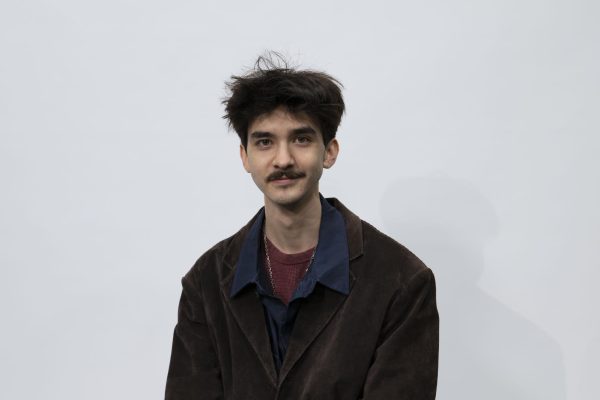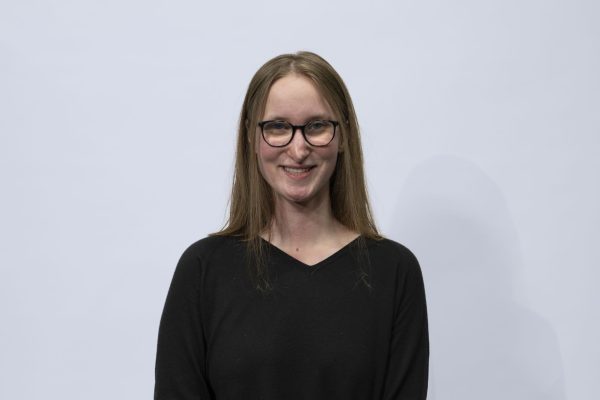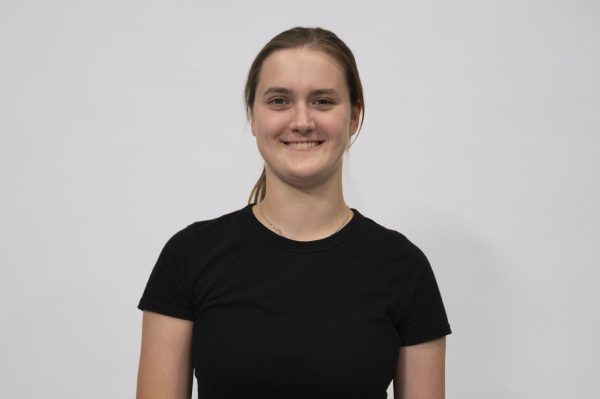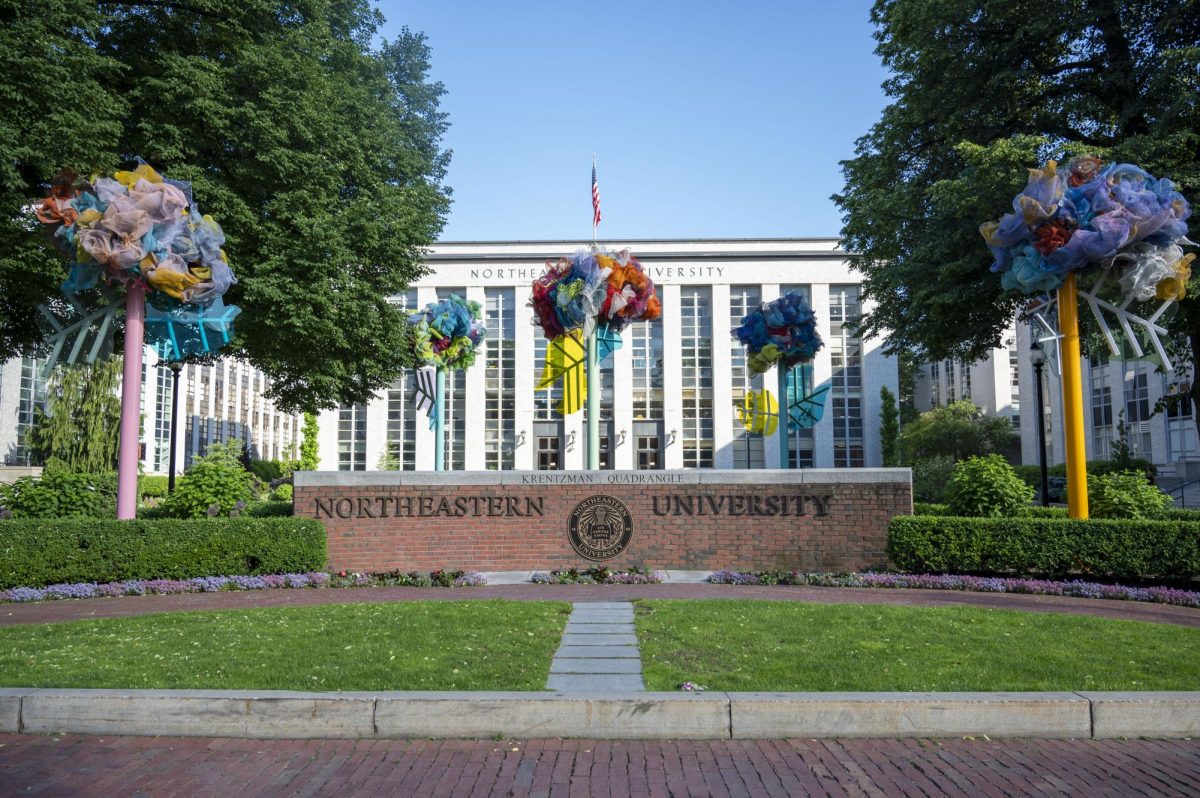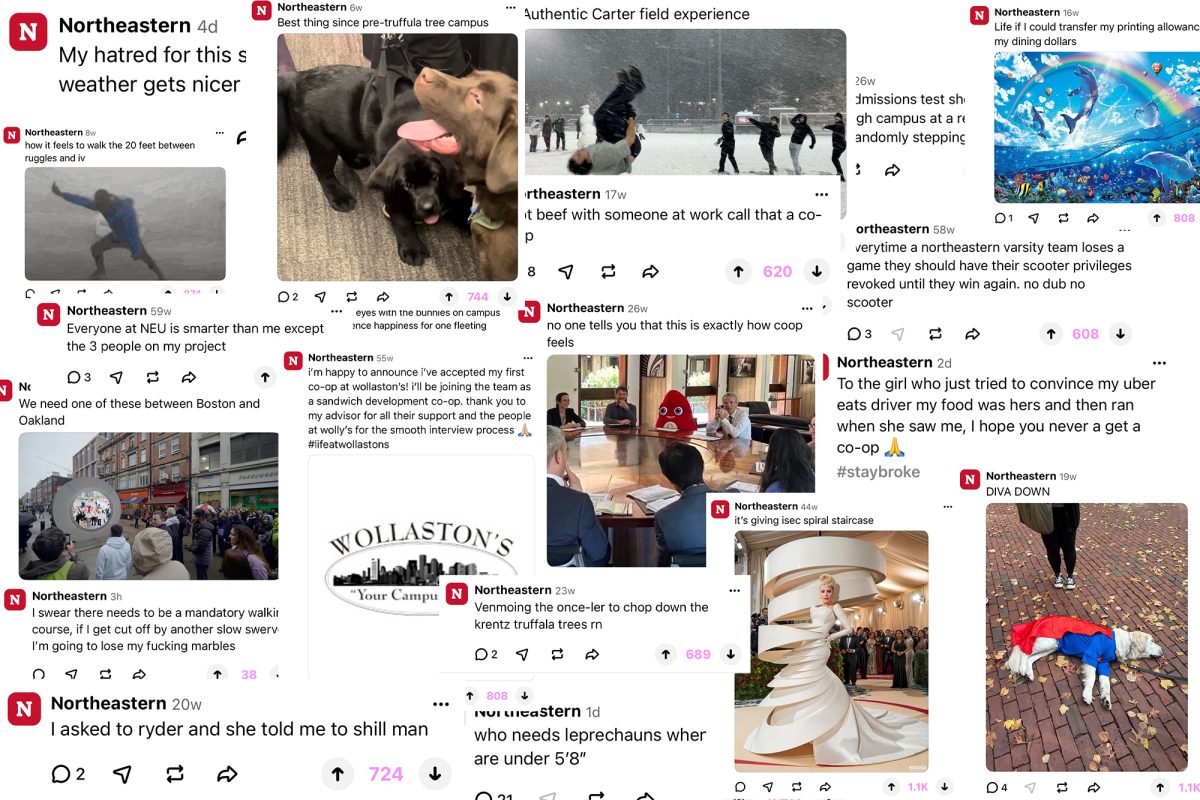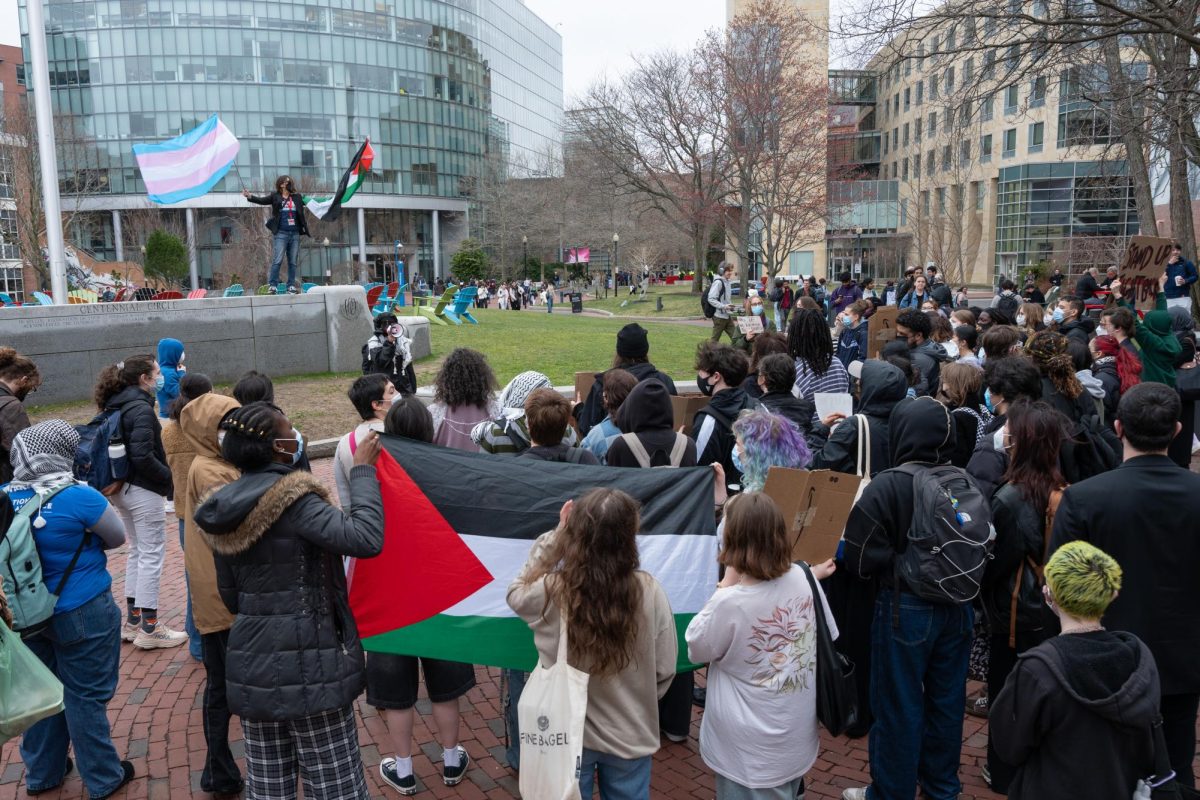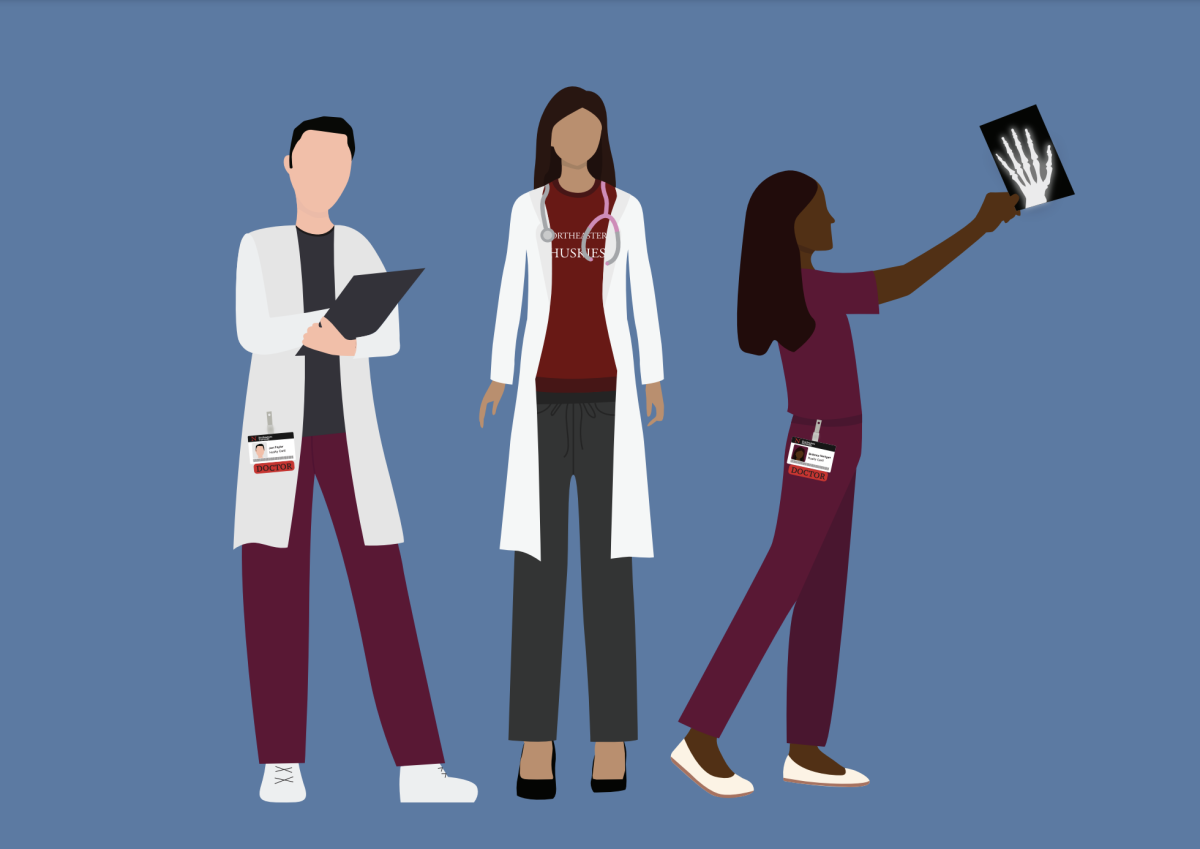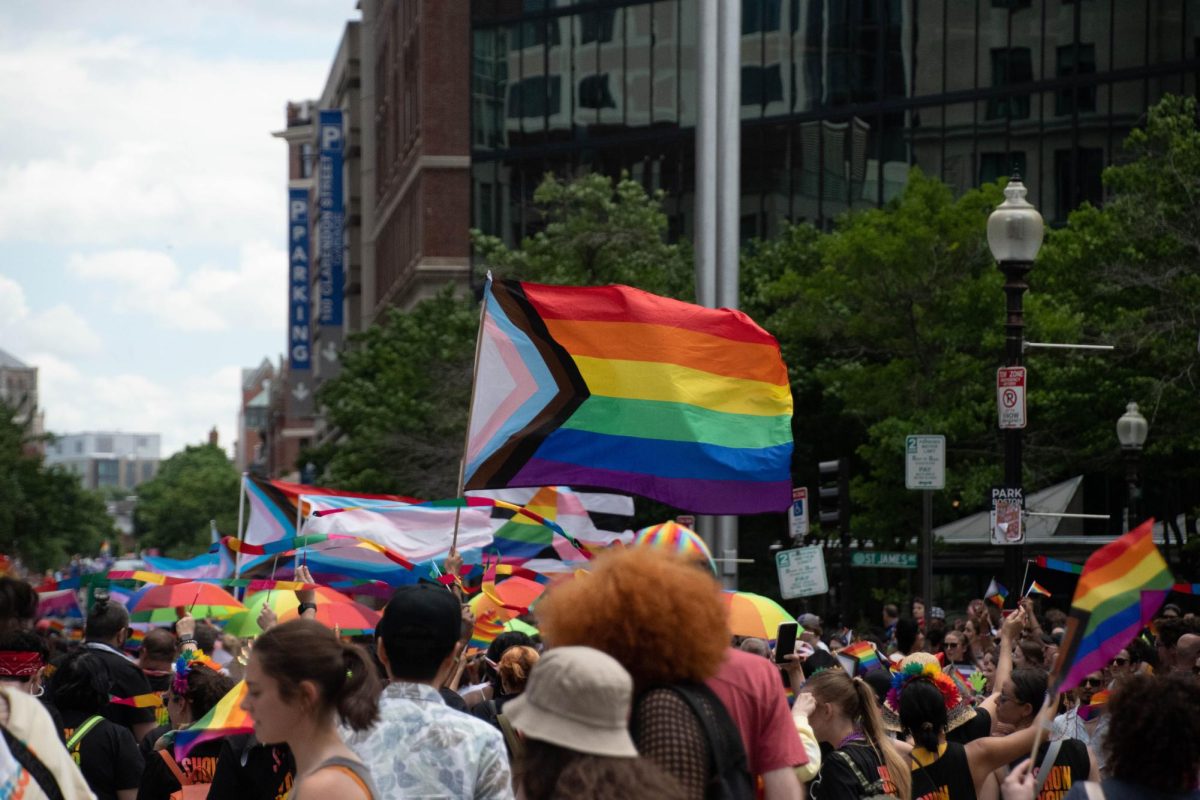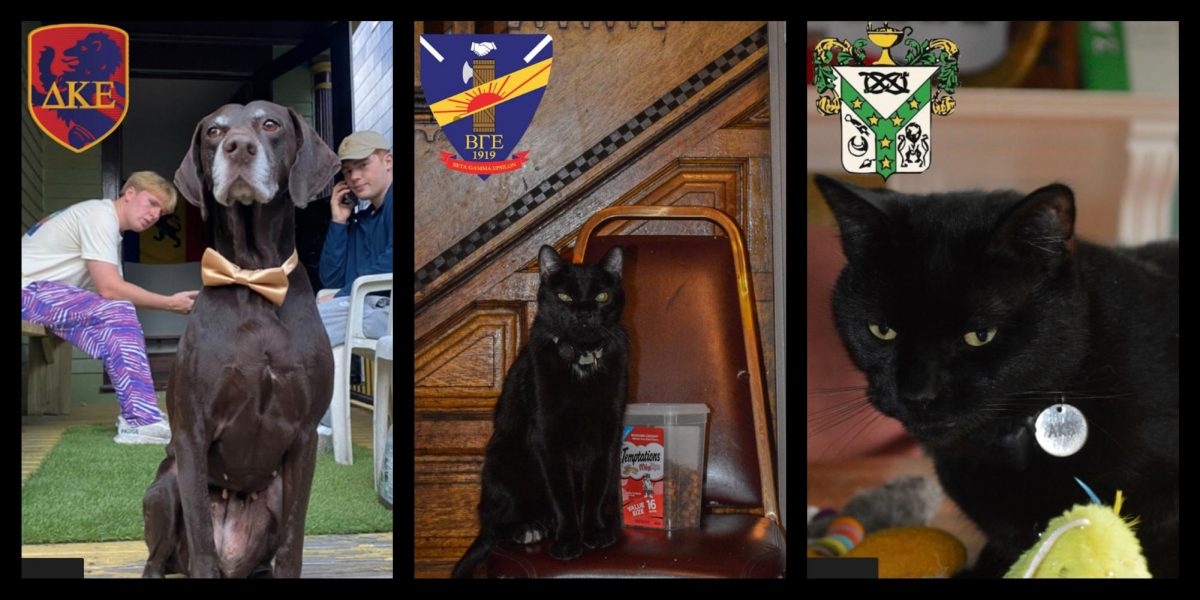As the sun set on Centennial Common March 25 and the month of Ramadan wound down, demonstrators with Huskies for a Free Palestine, or HFP, held an iftar to break their fast and gather in solidarity for Palestine.
Speakers addressed dozens of attendees at the event about recent federal arrests of pro-Palestinian student activists and Israel’s unilateral end to the 42-day ceasefire.
“We held a disruptive iftar during Ramadan to condemn the Zionist genocide in Gaza and Northeastern’s active role in upholding settler colonial violence,” HFP wrote in a statement to The Huntington News. “In response to a week of Zionist propaganda under ‘Israeli Week,’ we refuse normalization, we refuse complicity, and we demand an end to the celebration of apartheid on our campus.”
Days prior, the group organized a protest outside an event for Northeastern Hillel’s “Israel Week” at Two Saints Tavern March 21, and compared the university’s different treatment of the two groups.
“Because of the sanctions on their Palestinian and Arab and Muslim student groups, they weren’t able to reserve this space for an iftar despite the fact that last week, Northeastern quite literally hosted an Israel Week, including an event called ’Israel Palooza,’ which was held at a bar the same week that Israel unilaterally broke the ceasefire and killed 404 people overnight. Most of them children,” said a student activist from Massachusetts Institute of Technology who spoke to The News on the condition of anonymity due to concerns about their safety.
This gathering is one of several resurgences of pro-Palestinian activism on campus following the imposition of stricter demonstration policies in Northeastern’s Code of Student Conduct. The university retains the power to withhold or revoke certain students’ degrees or deny expelled students refunds of tuition, housing, board or other charges.
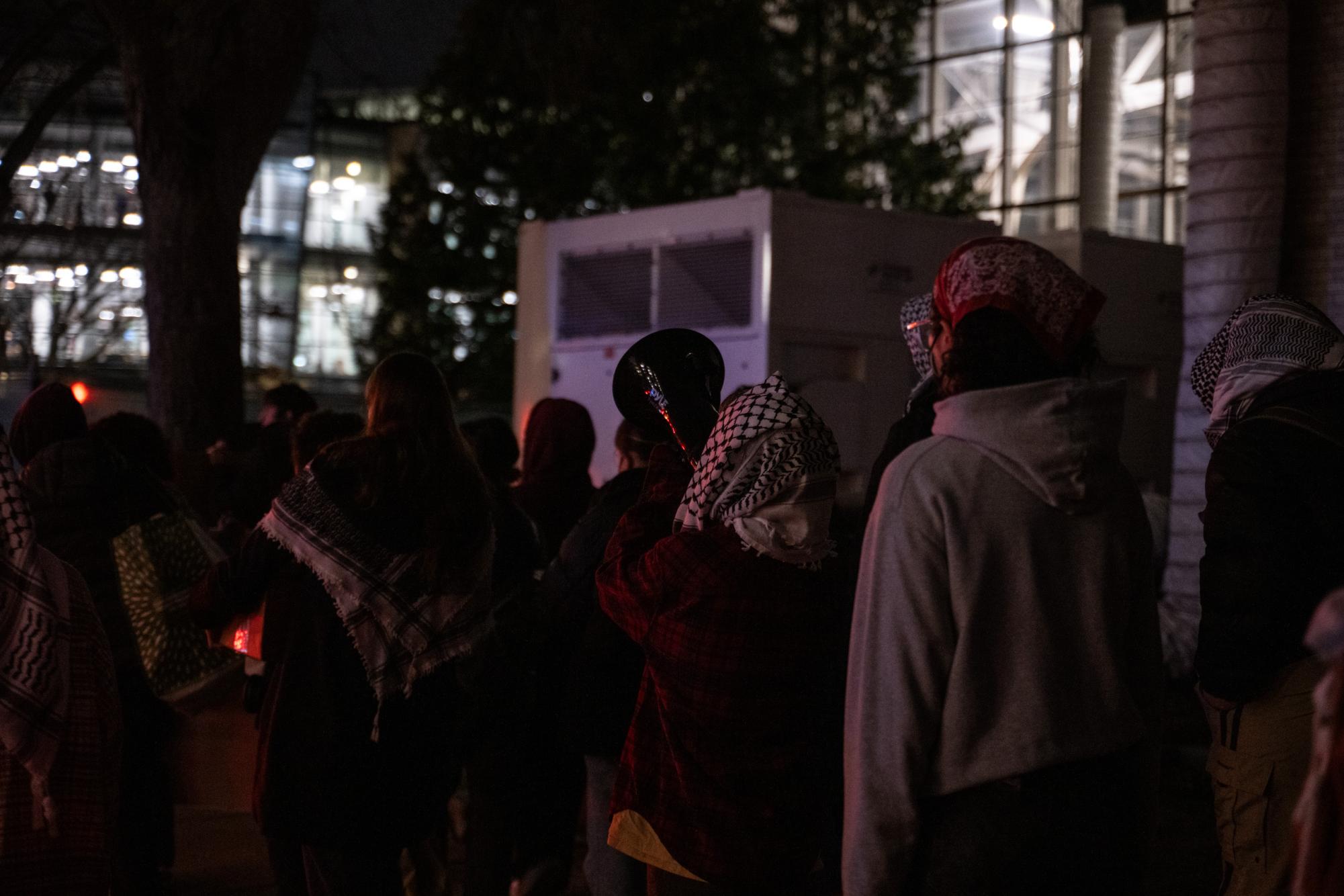
The iftar took place only weeks after Mahmoud Khalil, a Palestinian activist who organized pro-Palestinian protests at Columbia University, was detained by U.S. Immigration and Customs Enforcement agents. On March 25, Rumeysa Ozturk, a Turkish Tufts University doctoral student, was taken off the street by plainclothes federal agents.
As university police briefly questioned HFP organizers, dozens of participants gathered in a circle on Centennial and murmured quietly. Many of the attendees wore masks for the entirety of the gathering.
“Whenever we as pro-Palestinian students organize on campus, we’re suppressed,” said a third-year bioengineering major, who spoke with The News on the condition of anonymity due to safety concerns. “I mean, we were arrested last year as a collective. So I think it’s incredibly unfair, and I think that the standards for our movements versus theirs. It’s unjust.”
As a Muslim-Somali student, the student said they wanted to engage the Muslim community at Northeastern in protesting the “financial and political ties that Northeastern continues to have with Israel.”
The group brought food, including a stew and dried dates, and shared a stack of The New York War Crimes’ — a publication associated with the Writers Against the War on Gaza — Jan. 24 edition, which featured 15 pages of front-to-back coverage and testimonies from healthcare workers and civilians in Gaza.
Though university police did interject during the gathering, at least one Northeastern University Police Department officer closely followed the group as they marched down Forsyth Street toward the Back Bay Fens. The students chanted, ‘Free, free Palestine’ and held cardboard signs.
While the MIT student said they share the feelings of support and concern for student protesters like Khalil, they said they didn’t want people to lose sight of why the group was gathering.
“The reality that people in Gaza are facing this bombardment every day, and people in the West Bank are facing these same kinds of lethal arrests every day – yes it is definitely, ‘Free Mahmoud Khalil,’ but also free all Palestinian political prisoners, free them all,” they said.
Speakers highlighted historical Muslim anti-colonial movements, led the group in collective breathing and invited members to apply for e-board so that their work does not die down.
“Palestine frees us when we gather like this, when we defy the systems designed to isolate us, when we refuse to turn away. Palestine actively shows us liberation. It allows us liberation,” a female speaker who addressed the crowd said. “I hope to remind you all that our gathering here is not only an act of defiance, but also an act of deep love and an act of hope.”




![A sign reading "The People's Iftar for [Palestine]." Students held a gathering for iftar and marched down Forsyth Street March 25.](https://huntnewsnu.com/wp-content/uploads/2025/04/IftarProtest_ElizabethScholl_3-17-25_1-1200x800.jpg)
